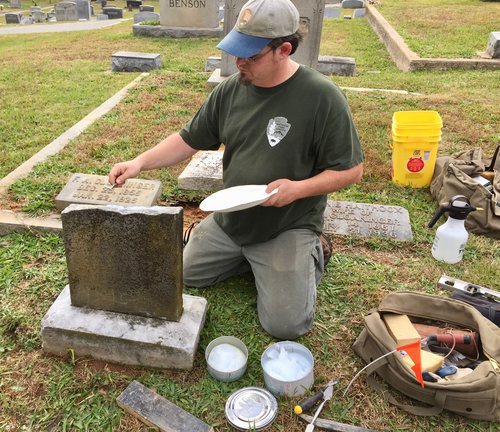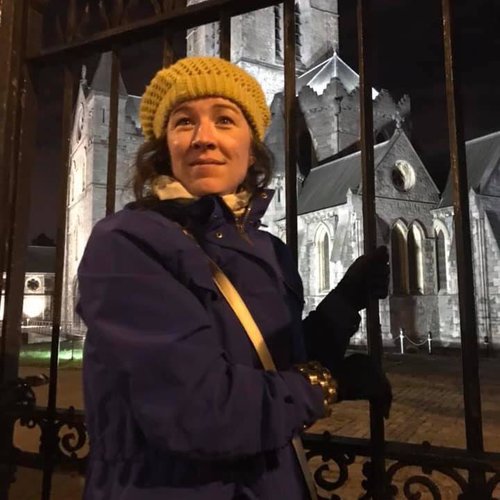ARCHIVES IN CRISIS
Learn from speakers from The National Archives and Records Administration, The National Center for Preservation Technology and Training, and more on how to respond to archives and museums facing environmental crises such as hurricanes, floods, and lack of storage. This eight week series was funded by a grant from by the Louisiana Board of Regents and the Guilbeau Charitable Trust.
Our Spring 2019 speaker series, “Archives in Crisis,” aimed to provide an in-depth course on how to respond to archives in crisis in two ways: (1) emergency planning in the event of immediate environmental disaster (such as a hurricane, flood, or earthquake), and (2) slow-occurring environmental crises such as land loss, storage issues, humidity. Students, professors, historians, archivists, librarians, members of various academic organizations, environmental scientists, Native American tribal councils, and other interested members of the public were in attendance.
Speaker series funded by the Louisiana Board of Regents and The Guilbeau Center for Public History at UL Lafayette Spring 2019.
Friday, March 1:
Natalie Elder,
Johns Hopkins Chesney Medical Archives
Lecture, 1:00-3:00 pm
Natalie Elder is curator at the Chesney Medical Archives of Johns Hopkins Medicine, Nursing, and Public Health, where she stewards a collection of fine art, medical instruments, and artifacts relating to the history of medicine. Previously, she has been the collections manager at the Colorado Historical Society and Collections manager and curator at the National Museum of American History’s Division of Armed Forces History and Numismatics. She has over a decade of experience with collections ranging from railway cars to flapper dresses to General Custer’s laundry hamper.
For more resources on collection check out Natalie Elder’s helpful list: https://www.guilbeaucenter.com/resources-from-archives-in-crisis
Friday, March 8:
Nakai Northup,
Mashantucket Pequot Museum and Research Center
Lecture, 1:00-3:00 pm
Indigenous Environmental Activism and Preservation of Native History
Nakai Clearwater Northup is a Member of the Mashantucket Pequot Tribe and works at the Mashantucket Pequot Museum and Research Center in the Education Department. In addition to his work at the museum, Northup is Vice Chairman of the Mashantucket Pequot Tribe’s Natural Resource Protection Committee. His disciplinary specialties include historic preservation, environmental Indigenous activism, food sovereignty, and teaching traditional Eastern woodland histories/lifeways.
Friday, March 22:
Karen Pavelka,
University of Texas at Austin
Lecture, 1:00-2:30 pm
Hands-on workshop, recovery of paper materials 3:00-4:00 pm
Karen L. Pavelka is a senior lecturer for preventive conservation in the school of information at the University of Texas at Austin. Before coming to the iSchool, she was head of the paper conservation laboratory at the Harry Ransom Center. She served as Director for Education and Professional Development for the AIC from 2005 - 2011. She is a founding member of the AIC collection care network and served as program chair. She has taught and consulted at Narodni Knihova, Prague, Slovenska Narodna Kniznica, Slovakia, the Universidad de Buenos Aires, the Castillo de Vilassar de Dalt, Barcelona, and Sun Yat-Sen university, Guangzhou, P. R. China. As a member of National Heritage Responders, she has been deployed to several venues in Texas, to Haiti and Puerto Rico.
For more resources on disaster recovery check out Karen Pavekla’s helpful list: https://www.guilbeaucenter.com/resources-from-archives-in-crisis
Friday, April 5:
Jason Church,
National Center for Preservation Technology and Training (NPS)
Lecture, 1:00-2:30 pm
Jason Church is a materials conservator in the materials conservation program at the National Center for Preservation Technology and Training (National Park Service). Jason divides his time between conducting in-house research, organizing various training events, and teaching hands-on conservation workshops. Since 2005, he has conducted more than 100 lectures and hands-on training for cemetery conservation. He earned his M.F.A. in historic preservation from Savannah College of Art and Design.
Friday, April 12:
Melissa Eastin,
East Baton Rouge Public Library
Lecture, 1:00-3:00 pm
Archives and Community Engagement
Melissa Eastin graduated from LSU in 2008 with an MLIS focusing on archival science. She was hired the same year as the first archivist for the East Baton Rouge Parish Library System. She is currently head of special collections overseeing the archives and genealogy collections for the organization.
Friday, April 26:
Preston Huff,
National Archives and Records Administration
Lecture, 1-4 PM
Federal Support for Disaster Relief
Preston has been in the Archives and Records Management field for over 40 years. He has been with the National Archives and Records Administration (NARA) for nearly 17 years and with the Federal government for 20 years. He is currently in the Office of the Chief Records Officer. Previous to his current role, Preston was NARA’s Regional Administrator for the Southwest Region (headquartered in Fort Worth, Texas) which included the four-state area of Texas, Oklahoma, Arkansas, and Louisiana. Preston oversaw the three main areas of a region including the Regional Archives, Records Management, and the Federal Records Center.
Two of his ongoing areas of responsibility include:
· Disaster response, recovery and reconstitution for Federal records and information. He was the NARA POC for Hurricane Katrina response in 2005 and recently led a NARA working group in overhauling the Federal government’s Essential Records Guide – which is now at the NARA website.
· He has also been very involved with non-Federal government response – involving cultural and historical organizations such as state archives, museums, historical societies, libraries (special collections), colleges and universities. In addition to his work in the Katrina response, he has also been deployed by FEMA and the Department of Interior to assist cultural and historical organizations in the U.S. Virgin Islands (March 2018) and Puerto Rico (November 2018 and March 2019).
Preston has a BA in U.S. History from Indiana University and an MLS from the University of Denver – with a concentration in Archival Studies. He is a Certified Records Manager and a Certified Archivist. He is the past President (acting) of the National Association of Government Archives and Records Administrators (NAGARA).
Friday, May 3:
Aaron Cowan,
Slippery Rock University
Lecture 1:00-3:00 pm
Grant writing
Aaron Cowan is an Associate Professor of History at Slippery Rock University and Director of the university's Stone House Center for Public Humanities, which works to build community partnerships that expand public engagement with the humanities.
Friday,May 10:
Stephen Sloan,
Baylor University
1:00-3:00 pm
Oral History
Stephen M. Sloan is the director of the Institute for Oral History and an associate professor of history at Baylor University. Dr. Sloan organizes research projects, leads community oral history initiatives, directs grants and contracts, and conducts field interviews. One of his recent projects, based on oral histories with survivors of genocide that now live in the state of Texas, won a 2018 Elizabeth B. Mason Award from the Oral History Association. Dr. Sloan’s publications include the co-edited Listening on the Edge: Oral History in the Aftermath of Crisis (winner of the Oral History Association’s 2015 Book Award) and Tattooed on My Soul: Texans Remember World War II. He has published several pieces in the Oral History Review, including “Oral History and Hurricane Katrina: Reflections on Shouts and Silences.” He is active in the national and international oral history community, a past president of the Oral History Association and a presenter of his work abroad at academic conferences in Liverpool, Prague, Guadalajara, Naples, Istanbul, Buenos Aires, Barcelona, and Jyväskylä, Finland
Listen to an interview with Ian Beamish, Liz Skilton, and Summer Abukhomra form the Guilbeau Center for Public History discussing their Archives in Crisis Series at KRVS.
https://www.krvs.org/post/apres-midi-afternoon-classics-february-26-2019









